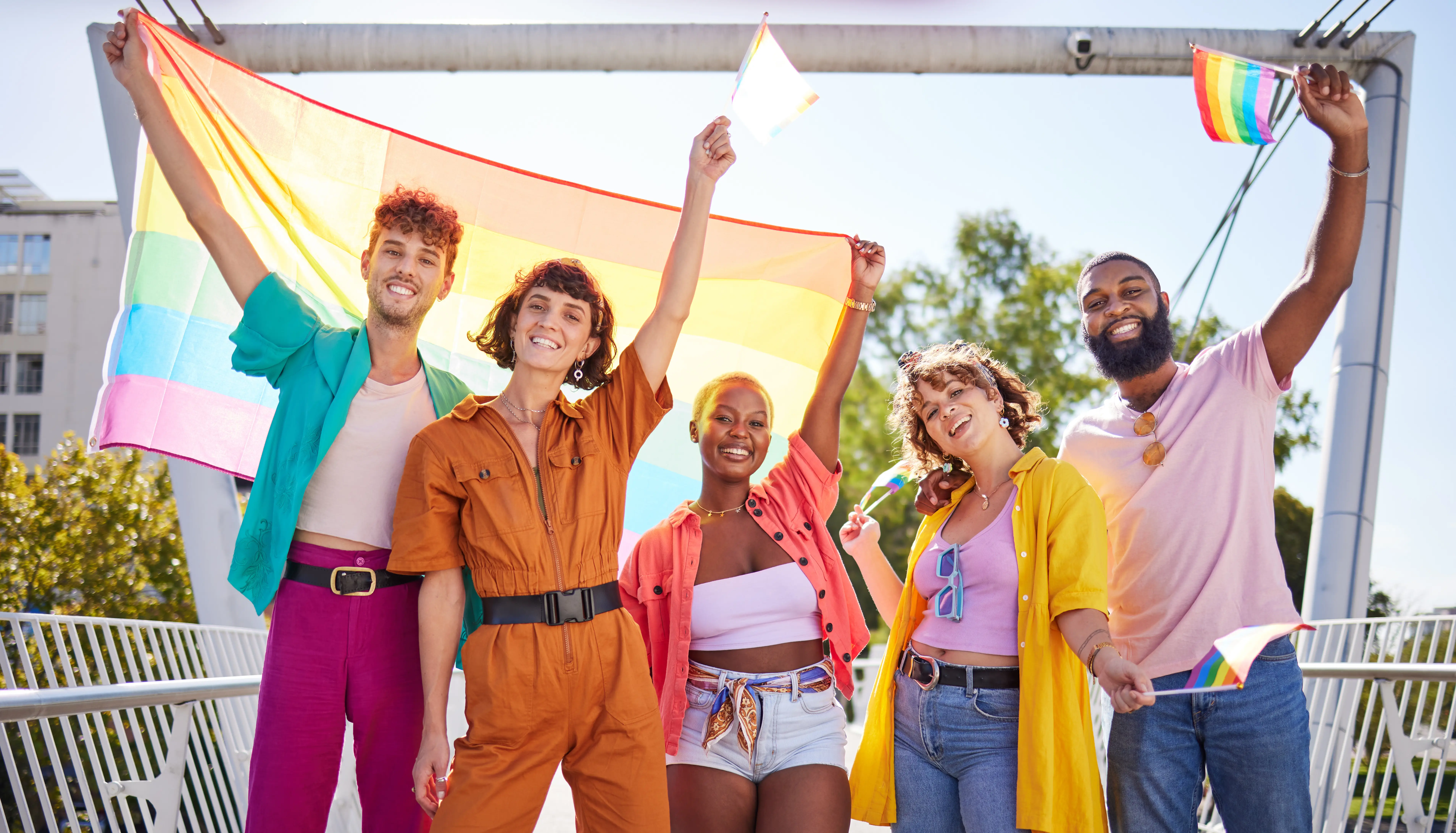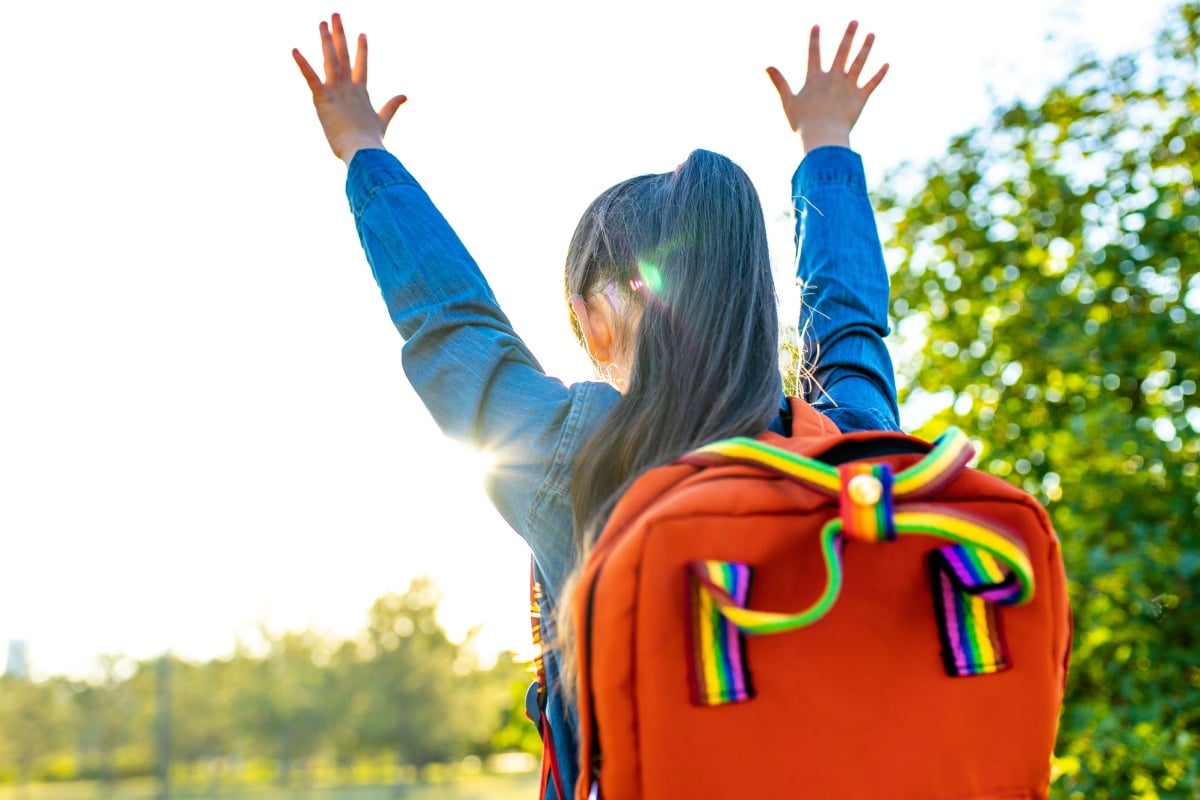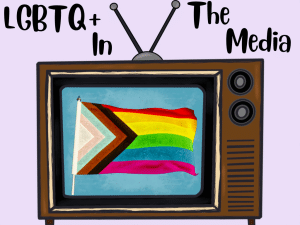The inclusion and representation of LGBTQ+ individuals in education and awareness programs have gained significant momentum in recent years. Ensuring that LGBTQ+ topics are integrated into school curriculums, providing supportive programs for LGBTQ+ youth, and emphasizing the importance of comprehensive sex education and safe spaces are crucial steps towards fostering an inclusive and accepting society. This article explores these areas, highlighting the progress made and the ongoing challenges in creating a supportive environment for LGBTQ+ individuals.

Education and Awareness
Education and awareness are fundamental to challenging prejudices and fostering understanding. The inclusion of LGBTQ+ topics in educational settings is vital for promoting acceptance, reducing bullying, and ensuring that all students feel seen and valued. Awareness campaigns and educational programs play a pivotal role in shaping societal attitudes and norms, making them essential components of the broader movement for LGBTQ+ rights and equality.
LGBTQ+ Inclusion in School Curriculums
The integration of LGBTQ+ topics into school curriculums is a critical step towards creating an inclusive educational environment. Inclusive curriculums not only provide representation for LGBTQ+ students but also educate all students about the diversity of human experiences, promoting empathy and acceptance.
In countries like Canada and the United Kingdom, LGBTQ+ inclusion in education has been mandated at various levels. In 2019, Scotland became the first country in the world to embed LGBTQ+ inclusive education across the school curriculum. This initiative ensures that students learn about LGBTQ+ history, identities, and issues from a young age, fostering a culture of respect and understanding.
In the United States, the approach varies significantly by state. California, for example, implemented the FAIR Education Act in 2011, requiring the inclusion of LGBTQ+ history and contributions in social studies curricula. However, other states have introduced “no promo homo” laws, which restrict or prohibit the discussion of LGBTQ+ topics in schools, highlighting the ongoing struggle for comprehensive inclusion.
Globally, there is a growing recognition of the importance of LGBTQ+ inclusion in education. In 2021, the United Nations Educational, Scientific and Cultural Organization (UNESCO) launched a global campaign to promote inclusive education for LGBTQ+ students, emphasizing the need for comprehensive and affirmative curriculums. This international effort underscores the necessity of addressing LGBTQ+ issues in educational settings to create a more equitable and inclusive world.

Programs and Initiatives for LGBTQ+ Youth
Supportive programs and initiatives for LGBTQ+ youth are essential for their mental and emotional wellbeing. These programs provide safe spaces, resources, and support networks that help LGBTQ+ youth navigate the challenges they face due to their sexual orientation or gender identity.
One notable initiative is the Gay-Straight Alliance (GSA) Network, which operates in various countries, including the United States and Canada. GSAs are student-led organizations that aim to create safe and inclusive environments in schools, promote awareness and acceptance, and provide support for LGBTQ+ students and their allies. Research has shown that schools with active GSAs have lower rates of bullying and harassment, highlighting the positive impact of these programs.
In the United Kingdom, organizations like Stonewall run school programs that provide training and resources to educators, helping them create inclusive environments for LGBTQ+ students. Stonewall’s “School Champions” program, for example, supports schools in tackling homophobic, biphobic, and transphobic bullying and promoting LGBTQ+ inclusion.
Internationally, initiatives like the “It Gets Better Project” have made significant strides in supporting LGBTQ+ youth. This project, which began in the United States and has since expanded globally, shares uplifting messages and personal stories from LGBTQ+ individuals, offering hope and encouragement to young people struggling with their identities.
These programs and initiatives are crucial in providing LGBTQ+ youth with the support and resources they need to thrive. By creating safe and inclusive environments, they help mitigate the negative impacts of discrimination and promote a sense of belonging and self-acceptance.
The Importance of Sex Education and Safe Spaces
Comprehensive sex education is vital for the health and wellbeing of all students, including those who identify as LGBTQ+. Inclusive sex education programs provide accurate information about sexual orientation, gender identity, and safe sex practices, ensuring that LGBTQ+ students receive the knowledge they need to make informed decisions about their health.
In many countries, sex education curriculums are gradually becoming more inclusive. For example, in 2020, New Zealand updated its sex education guidelines to include information on LGBTQ+ relationships and identities. Similarly, in the Netherlands, comprehensive sex education, which includes LGBTQ+ topics, has been part of the curriculum for years, contributing to lower rates of teen pregnancy and sexually transmitted infections.
However, the situation is not uniform globally. In many countries, sex education is either lacking or excludes LGBTQ+ topics, leaving LGBTQ+ youth without the information they need. This can lead to higher rates of sexually transmitted infections, unintended pregnancies, and mental health issues among LGBTQ+ individuals.
Safe spaces are another critical aspect of supporting LGBTQ+ youth. These spaces, whether physical or virtual, provide environments where LGBTQ+ individuals can express themselves freely, without fear of discrimination or harassment. Schools, community centers, and online platforms can all serve as safe spaces, offering support groups, counseling services, and social activities.
For instance, The Trevor Project in the United States offers crisis intervention and suicide prevention services for LGBTQ+ youth, providing a lifeline for those in need. Similarly, in the United Kingdom, organizations like Mermaids support transgender and gender-diverse youth and their families, offering a range of services, including helplines, support groups, and advocacy.
Creating and maintaining safe spaces is essential for the mental and emotional health of LGBTQ+ individuals. These environments provide a sense of community and belonging, helping to combat the isolation and stigma that many LGBTQ+ youth experience.

Conclusion
Education and awareness are fundamental to advancing the rights and wellbeing of LGBTQ+ individuals. By integrating LGBTQ+ topics into school curriculums, supporting programs and initiatives for LGBTQ+ youth, and emphasizing the importance of comprehensive sex education and safe spaces, we can create more inclusive and accepting environments.
Progress has been made globally, with various countries implementing policies and programs to support LGBTQ+ inclusion in education. However, significant challenges remain, particularly in regions where LGBTQ+ topics are still taboo or actively suppressed. Continued advocacy and education are crucial for overcoming these barriers and ensuring that all LGBTQ+ individuals have the opportunity to thrive.
As we move forward, it is essential to recognize the importance of representation, support, and education in shaping a more equitable and inclusive society. By fostering awareness and understanding, we can help create a world where every individual, regardless of their sexual orientation or gender identity, is valued and respected.
For more stories like this, please visit here



